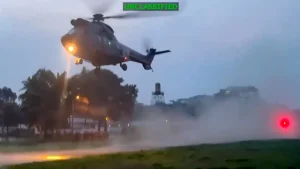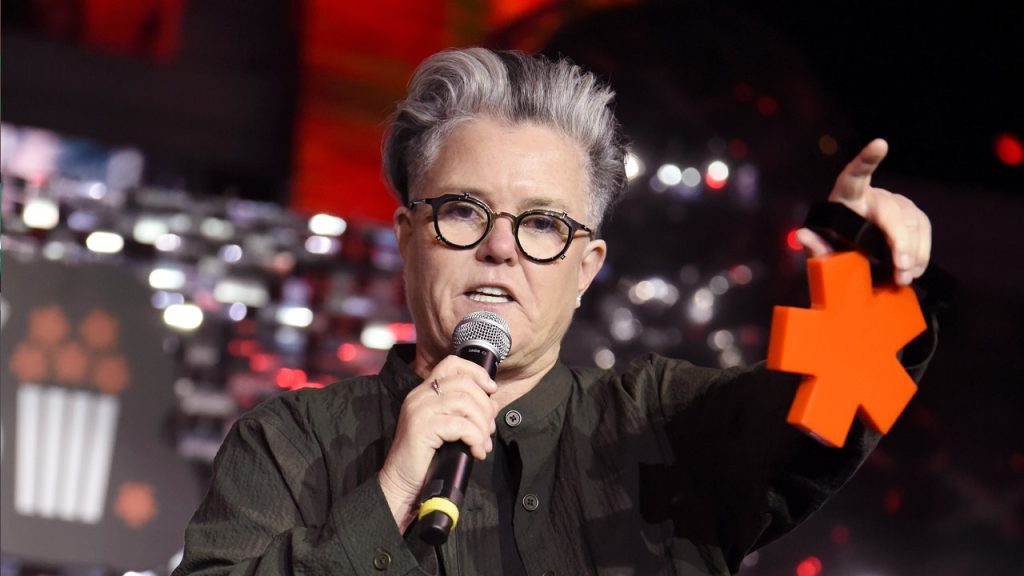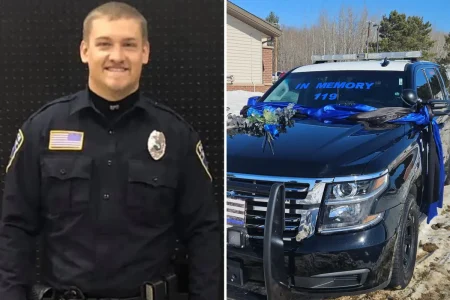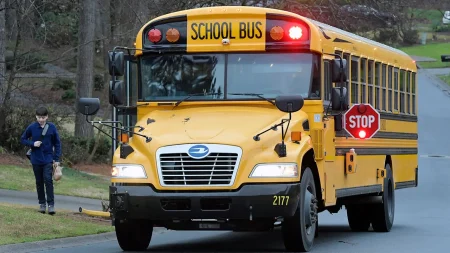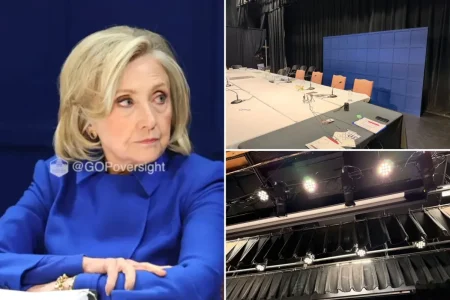Rosie O’Donnell’s Misstep: A Lesson in the Dangers of Hasty Assumptions
In a social media blunder that exemplifies the perils of today’s rush-to-judgment culture, Rosie O’Donnell found herself issuing a public apology after making unfounded claims about the Minneapolis Catholic church school shooter. The liberal actress and comedian had initially posted an emotional video response to the tragic shooting that claimed the lives of two children and injured eighteen others. In her immediate reaction, O’Donnell drew parallels to the 1999 Columbine massacre, expressing her continued disbelief that such violence occurs in American schools. However, she went further by characterizing the shooter as “a white guy, Republican, MAGA person” and a “white supremacist” without verifying these claims. This hasty characterization, which proved entirely unfounded, forced O’Donnell to later walk back her statements and acknowledge her failure to perform basic fact-checking before broadcasting her assumptions to her followers.
Days after her initial video, O’Donnell addressed the backlash in a follow-up post, admitting her error: “I did not do my due diligence before I made that emotional statement, and I said things about the shooter that were incorrect.” She explained that she had “assumed, like most shooters, they followed a standard MO” consistent with what she believed to be typical of “NRA-loving kind of gun people.” Her apology, though direct in acknowledging her mistake, still revealed underlying assumptions about the typical profile of mass shooters. “When you mess up, you fess up,” O’Donnell stated, hoping her apology would suffice. Yet her mea culpa received a mixed reception, with many online commenters questioning the sincerity of her apology and suggesting it was motivated more by damage control than genuine remorse. When challenged in the comments, O’Donnell responded defensively, asking “what more do you want?” after she had admitted her mistake.
The incident highlighted a broader societal problem that many commenters were quick to identify – the tendency to leap to politically convenient conclusions when tragedy strikes, often before the facts are established. One commenter astutely observed that such behavior is “what is keeping this country so divided,” pointing to the “mistruths being spread by both sides” of the political spectrum. The recommendation that people “fact check every single political thing that they see because the majority of it is a lie” speaks to a growing wariness about information shared on social media platforms, particularly when it comes from public figures with significant influence. O’Donnell’s error, while seemingly a personal misstep, reflects a wider pattern in contemporary discourse where political narratives often precede factual accuracy.
The horrific reality of the Minneapolis shooting stood in stark contrast to O’Donnell’s politicized assumptions. The attack occurred during a Mass at Annunciation Catholic Church, where students from the attached school were gathered in what should have been a safe and sacred space. Eyewitness accounts described a scene of terror as gunfire shattered stained-glass and pew-side windows, forcing students and parishioners to duck for cover. The human toll of this violence – two children dead and fifteen others injured – represents a tragedy that transcends political divides, yet even such devastating events often become quickly entangled in America’s polarized political discourse. The impulse to immediately frame such incidents within familiar political narratives, as O’Donnell did, can distract from the immediate human suffering and the complex factors that contribute to such violence.
FBI Director Kash Patel’s characterization of the attack as “barbaric” and potentially an act of domestic terrorism painted a very different picture from O’Donnell’s initial claims. According to Patel, the shooter’s manifesto and writings contained “anti-Catholic and anti-religious themes” alongside “violent antisemitic messages” including phrases like “Israel must fall” and “Free Palestine,” as well as Holocaust-related slurs. This evidence suggests motivations rooted in religious hatred and antisemitism rather than the right-wing political ideology O’Donnell had attributed to the shooter. The disconnect between O’Donnell’s assumptions and the emerging facts of the case demonstrates how preconceived notions about who commits certain types of violence can lead to completely inaccurate public statements, particularly when made in the emotional aftermath of a tragedy.
The controversy surrounding O’Donnell’s comments serves as a cautionary tale about the responsibilities that come with having a public platform, especially in an era of instant communication and widespread misinformation. Her experience illustrates how even well-intentioned emotional responses can contribute to division and misunderstanding when not grounded in verified facts. As one commenter noted, the tendency to spread “mistruths” across the political spectrum undermines our collective ability to address serious issues like gun violence, religious intolerance, and domestic terrorism in a thoughtful and effective manner. While O’Donnell’s apology represents a necessary step toward accountability, the incident reminds us all of the importance of pausing before posting, verifying information before sharing it, and approaching complex issues with humility rather than certainty. In a time when mass shootings have become tragically commonplace in American life, we owe it to the victims and their families to discuss these events with care, respect for facts, and a commitment to understanding rather than exploiting tragedy for political narratives.

